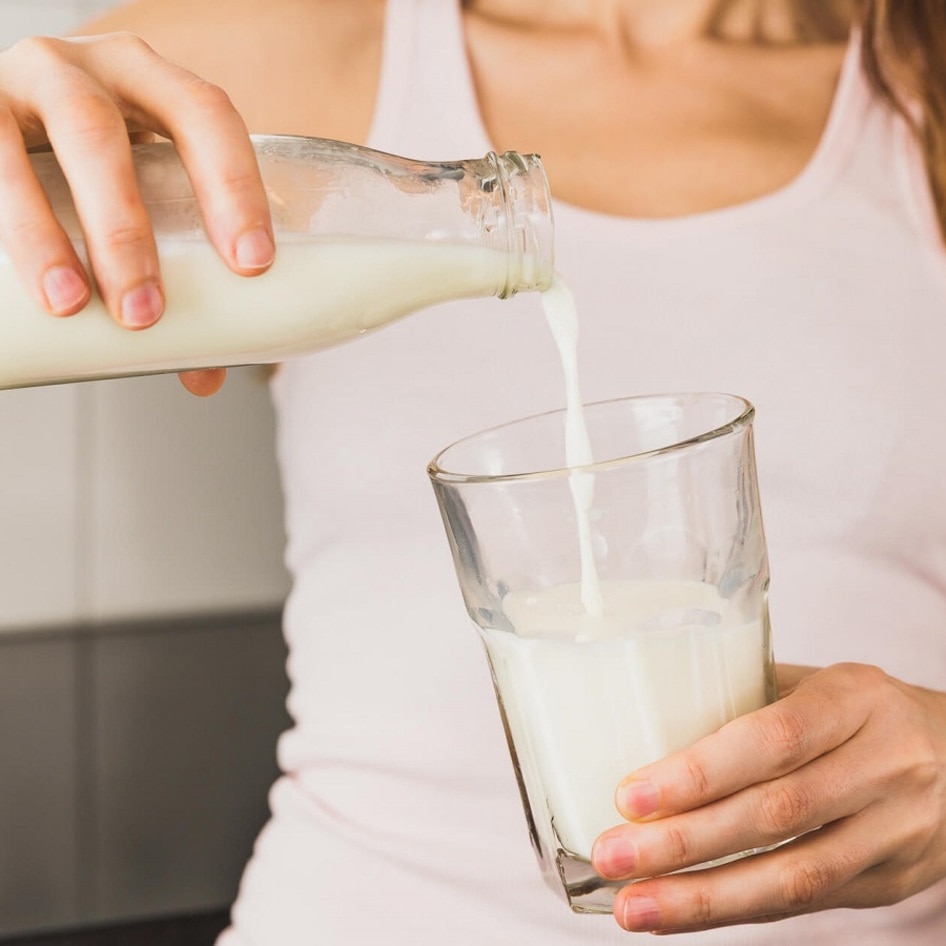Is Soy Healthy? We Have the Answer
If soy controversies have you confused, peruse this recent research to get your facts straight.
November 16, 2009
We receive a constant stream of information about the food we eat, and it’s always changing. A once celebrated superfood can be condemned as a health risk, depending on which person you ask. One such food is soy, usually a mainstay in the veg diet. Whether it’s tofu, tempeh, or soymilk, soy foods are everywhere in the US—soy food sales reached $4 billion in 2008. Some consumers avoid it, others enjoy it in moderation, and some people can’t get enough. Here are some widely touted studies that explore the pros and cons of this ubiquitous bean.
Lowers Fertility
In 2008, a preliminary study from the Harvard School of Public Health suggests soy might lower sperm count. The study involved 99 men who visited a fertility clinic between 2000 and 2006. Scientists analyzed their intake of soy foods, such as tofu, tempeh, faux meats, soymilk, and energy bars, and found a negative correlation between soy intake and sperm count. The men who consumed the most soy, equivalent to about half a serving per day, had 41 million fewer sperm per millimeter compared to men who consumed no soy food at all. However, scientists say the study was too small to be sure soy inhibits reproduction.
Bone Density Boost
Italian researchers discovered that a chemical compound in soy might increase bone density in post-menopausal women. Genistein, an isoflavone in soy, may mimic the behavior of estrogen in the human body. Estrogen levels decrease after menopause, which decreases bone mass, so scientists wanted to see if soy could reverse this process. They took 389 post-menopausal women with below average bone density, and randomly assigned them a daily supplement with genistein, calcium, and vitamin D, or just calcium and vitamin D. After two years, the group that took genistein gained bone mass, while the other group lost bone mass. Unfortunately, the supplements were equivalent to eating eight pounds of tofu daily, so you could not achieve these results by eating whole foods.
Promotes Cancer
There may also be a downside to genistein’s estrogen-like effects. In a study published in 2008, US researchers found that dietary genistein increased tumor size in mice and neutralized the therapeutic effects of aromatase inhibitors. Doctors use aromatase inhibitors to treat estrogen-dependent breast cancer, which is the most common type of breast cancer in the US. The levels of genistein used in the study were comparable to dietary levels in people. The research suggests that post-menopausal women with breast cancer who use aromatase inhibitors should avoid genistein, and therefore soy, because it could counteract their treatment.
Prevents Cancer
Different studies, different results. Researchers at the National Cancer Center in Tokyo determined that high levels of genistein reduced breast cancer risk. Scientists studied 24,226 Japanese women aged 40 to 69 by sampling their blood and completing dietary evaluations. After 10 years, 144 women developed breast cancer. Scientists organized the women into four groups according to their genistein levels, and the group with the highest amount of the compound was 65 percent less likely to have breast cancer than the group with the lowest amount. These genistein levels came from the women’s diet, suggesting soy food has preventative benefits.
JUMP TO ... Latest News | Recipes | Guides | Health | Shop







